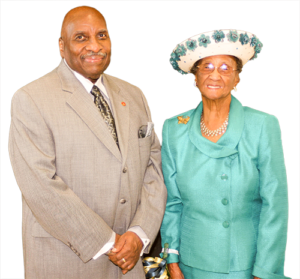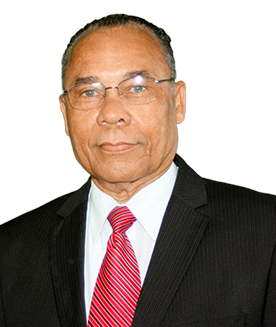GOD’S WORD in Action
[PRINT HERE] John 5 (9-6-17) Lecture Notes
St. Joseph Missionary Baptist Church
Wed Night Bible Study
JOHN 5:9-15
Dr. E.C. Gregory, PhD – Bible Facilitator 9-6-17 Dr. H.T. Rhim, Pastor
THE POWER OF A TESTIMONY
[GOD’S WORD in Action]
John 5:9-15 (NKJV)
9 And immediately the man was made well, took up his bed, and walked. And that day was the Sabbath.
10 The Jews therefore said to him who was cured, “It is the Sabbath; it is not lawful for you to carry your bed.”
11 He answered them, “He who made me well said to me, ‘Take up your bed and walk.”
12 Then they asked him, “Who is the Man who said to you, ‘Take up your bed and walk’?”
13 But the one who was healed did not know who it was, for Jesus had withdrawn, a multitude being in that place.
14 Afterward Jesus found him in the temple, and said to him, “See, you have been made well. Sin no more, lest a worse thing come upon you.”
15 The man departed and told the Jews that it was Jesus who had made him well.
5:9-10. God’s supernatural power was evident in the man’s instantaneous cure. He picked up his mat and walked.Muscles long withered were completely restored. Isaiah prophesied that in the days of the Messiah the lame would “leap like a deer” (Isa. 35:1-7). Here in Jerusalem was a public sign that the Messiah had come.
The Sabbath was a central issue in the conflicts between Jesus and the church of that day (cf. Mark 2:23; 3:4). The Mosaic Law required that work cease on the seventh day. Additional laws were added by later Jewish religious authorities, which became very complicated and burdensome. These human traditions often masked the divine intention in God’s Law. “The Sabbath was made for man” (Mark 2:27) so that he could have rest and a time for worship and joy. The Jews’ rigid tradition (not the Old Testament) taught that if anyone carried anything from a public place to a private place on the Sabbath intentionally, he deserved death by stoning. In this case the man who was healed was in danger of losing his life.
5:11. The healed man realized this difficulty and tried to evade any responsibility for violating tradition by saying he was just following orders.
5:12-13. The authorities were naturally interested in the identity of this fellow who told the lame man to violate their rules. But the man… had no knowledge of Jesus. This seems to be a case in which healing was done in the absence of faith. The broken man was chosen by Jesus as an act of grace because of his need and also to display God’s glory in him. Jesus then had slipped away into the crowd (cf. 8:59; 10:39; 12:35), so momentarily He was unknown.
5:14-15. Jesus later found the healed man in the temple area. This implied that Jesus sought him out in order to speak to him. The once lamed man seemed to have no thankfulness toward Jesus: his conduct put him in a bad light. Jesus’ warning (Stop sinning or something worse may happen to you) does not mean that his paralysis was caused by any specific sin (cf. 9:3), though all disease and death come ultimately from sin. The warning was that his tragic life of 38 years as a broken man was no comparison to the doom of hell. Jesus is interested not merely in healing a person’s body. Far more important is the healing of his soul from sin.
The Bible Knowledge Commentary: An Exposition of the Scriptures by Dallas Seminary Faculty.





